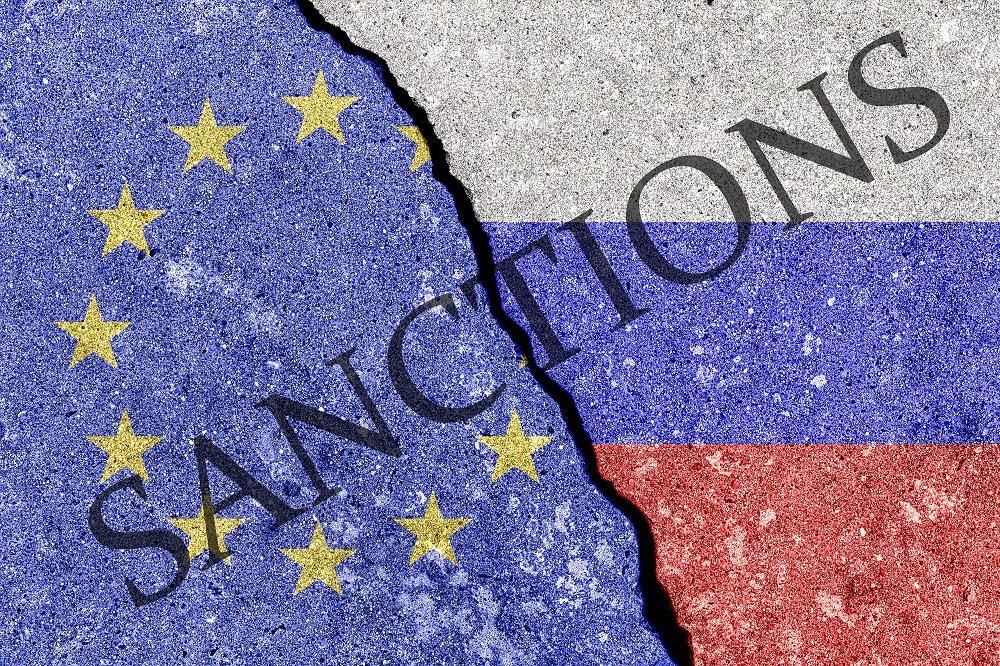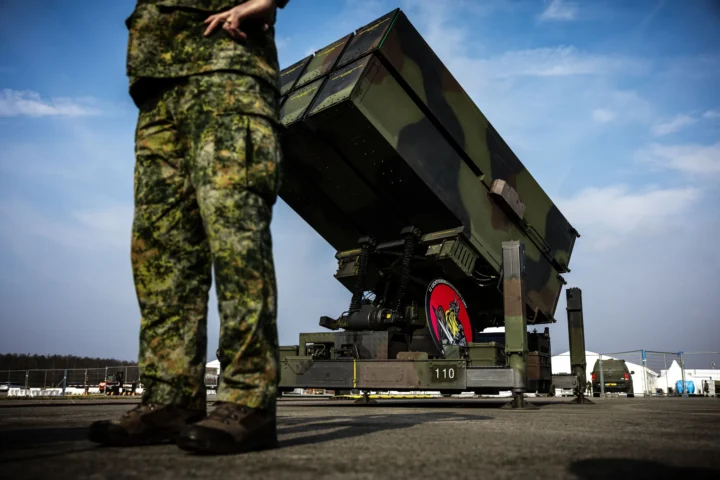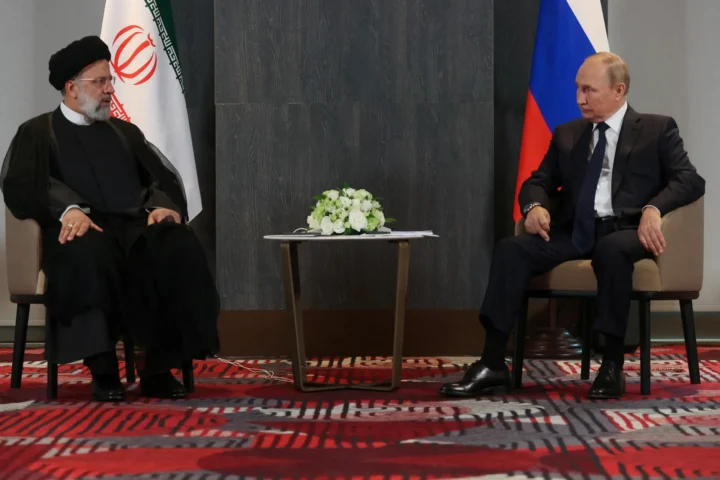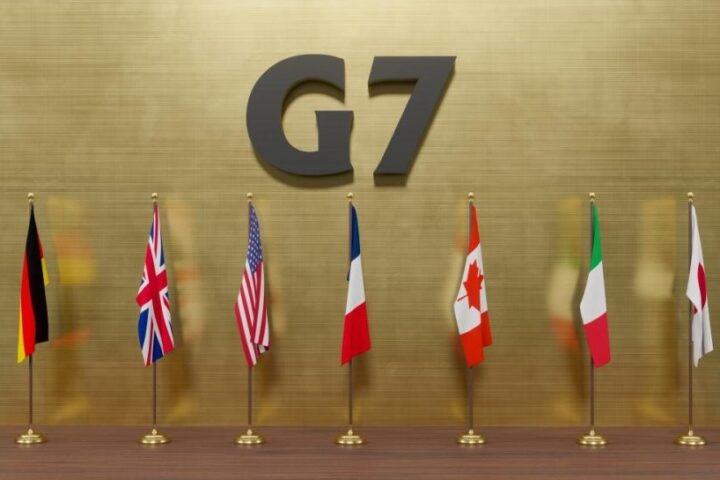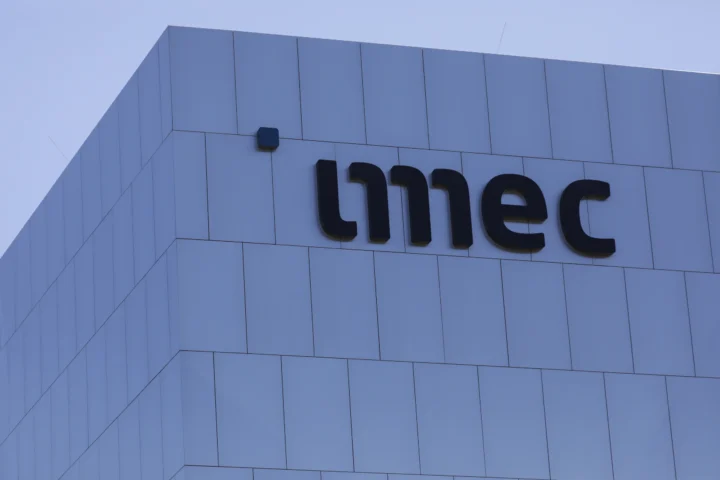Vladimir Putin’s gamble to prolong the war in Ukraine may finally be catching up with him. While some observers have pointed to the U.S.’s cautious tone, the West is stepping up. As European Commission President Ursula von der Leyen declared, “Our message is clear: this war must end.”
And that message is no longer just diplomatic—it’s economic warfare.
The 18th Sanctions Package: A Strategic Strike
The European Commission’s 18th sanctions package against Russia is not business as usual. It’s a targeted assault on the Kremlin’s lifelines: energy exports, critical infrastructure, and key financial institutions that funnel resources into the war machine.
Among the most punishing measures is the reduction of the price cap on Russian oil—slashed from $60 to $45 per barrel. In tandem, Europe has introduced a ban on the Nord Stream pipeline for Russian gas shipments to Germany. These steps aim to choke off the cash Russia needs to fuel its aggression.
Even more strategically, the sanctions now block oil products refined in third countries from Russian crude—shutting down backdoor methods to bypass restrictions. A proposal to blacklist 77 vessels in Russia’s “shadow fleet” underscores Europe’s seriousness, effectively banning those ships from entering EU ports.
Economic Body Blows to the Kremlin
For a regime built on oil and gas, these moves are seismic. But the pressure doesn’t stop there.
Brussels also seeks to sanction the Russian Direct Investment Fund, a sovereign wealth vehicle used to modernize the Russian economy and sidestep sanctions. Meanwhile, exports worth €2.5 billion—ranging from industrial machinery to dual-use tech for drones and missiles—are slated for bans.
This coordinated strategy is reminiscent of CoCom—the Cold War-era Coordinating Committee for Multilateral Export Controls—which blocked sensitive tech exports to the Soviet bloc. The goal: to cut off strategic resources that underpin Moscow’s ability to wage war.
SWIFT Sanctions and the Financial Squeeze
Though overshadowed by the energy crackdown, disconnecting 22 Russian banks from SWIFT and limiting financial transactions could be equally devastating. It’s a stealthy yet powerful blow to Russia’s banking infrastructure.
With a new package expected before the G7 Summit in Alberta, the U.S. is signaling alignment. It’s a more measured, yet still forceful, alternative to Senator Lindsey Graham’s proposed 500% tariffs on Russian fossil fuels—a policy option still on the table.
Is the U.S. Softening or Strategically Playing Along?
Despite skepticism around Washington’s position, signs point to coordinated transatlantic pressure. U.S. influence is evident in Hungarian Prime Minister Viktor Orbán’s recent rhetorical pivot on sanctions and Defense Secretary P. Hagseth’s remarks supporting peaceful resolution—while hinting at reduced, but continued, U.S. military aid to Ukraine in 2026.
Combined with Ukraine’s invitation to the G7, the message is crystal clear: The West is not backing down, and Moscow would be wise to take that seriously.
A Geopolitical Earthquake in the Making
If fully enacted, this new sanctions package could unleash a cascade of effects:
- A steep drop in Russian export revenue
- Disruption of logistics networks that feed the state budget
- Restricted access to international capital, investment, and technology
- Amplified strain on internal payments and reserves
- And crucially, a blow to Kremlin ambitions of reviving a “new Eastern bloc”
These aren’t just economic impacts—they’re geostrategic deterrents, aimed at derailing Russia’s broader plans of continental destabilization.
A United Front, Finally?
There’s more than punishment at play. A swift and unified adoption of the sanctions will demonstrate European political cohesion and reinforce transatlantic solidarity. This could mark a new era of coordination reminiscent of the Cold War’s strategic alliances.
Why now? As EU foreign affairs chief Kaja Kallas put it: “Russia continues to bring death and destruction to Ukraine. Our message is clear: this war must end.”
And that may be the most vital message of all—one that signals the West’s renewed clarity, resolve, and commitment to defending peace.
